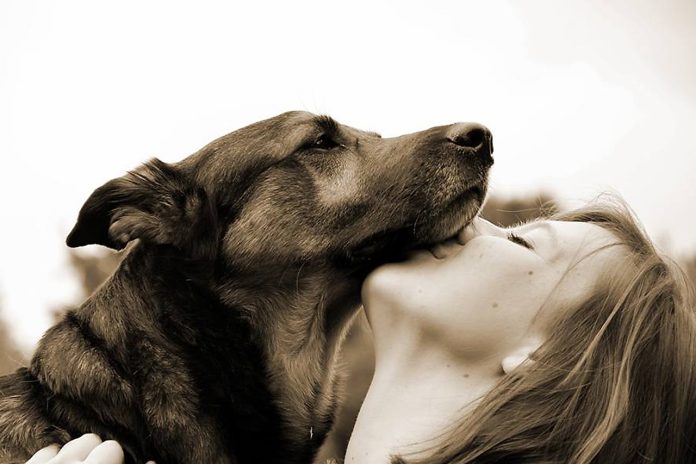Over time, dogs have associated licking with getting more of something, often food, said Dr. Patty Khuly, an award-winning, Miami-based veterinarian.
“That’s why humans can be forgiven for translating licks as ‘kisses,” she says. “They do, after all, seem to happen more when our dogs are relaxed at home and in situations where they’re most likely to be displaying affection.”
But that doesn’t mean there isn’t an affection component, too. In fact, there’s a lot that goes into why your dog licks your face. Here are 5 of the most surprising facts about dog kisses, as well as a few unexpected reasons why you might be covered in slobber right now.
1- There’s a Right Time and a Wrong Time for A Dog’s Love
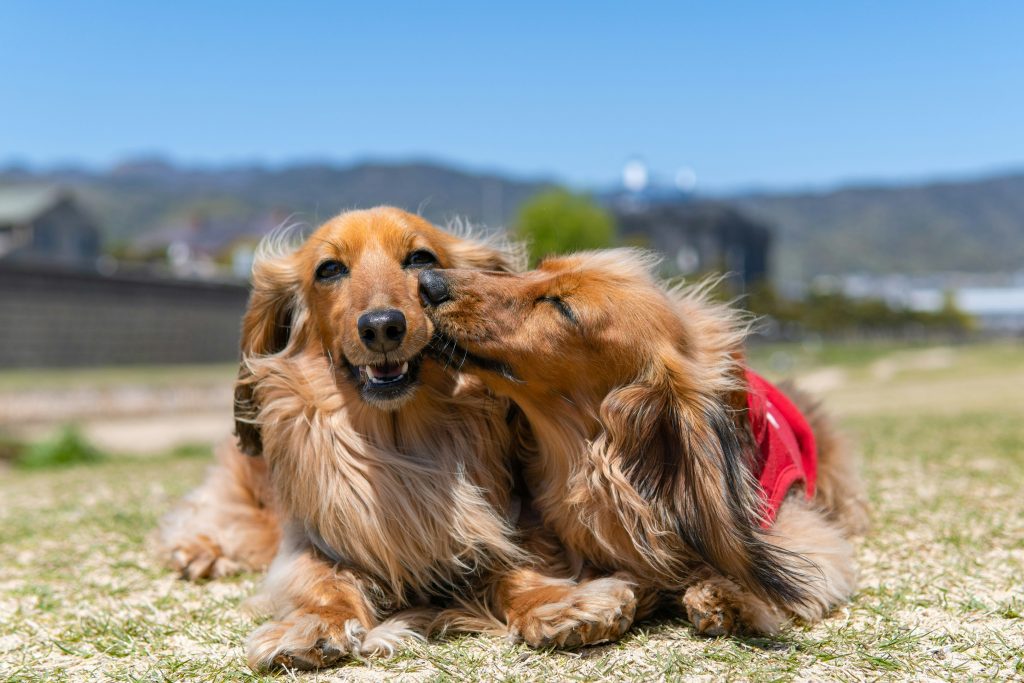
No matter how much you’d like your dog to give you kisses, don’t force the behavior, Arden says. Dogs are constantly sending non-verbal signals to their owners about when they’re comfortable and when they’re not. Kissing is one of these signals, so if your dog wants to kiss you, it’s OK.
If you initiate it, however, be careful you’re not smothering him too much, which might make him feel nervous and cause him to lash out.
2. Dog Kisses Indicate Social Status
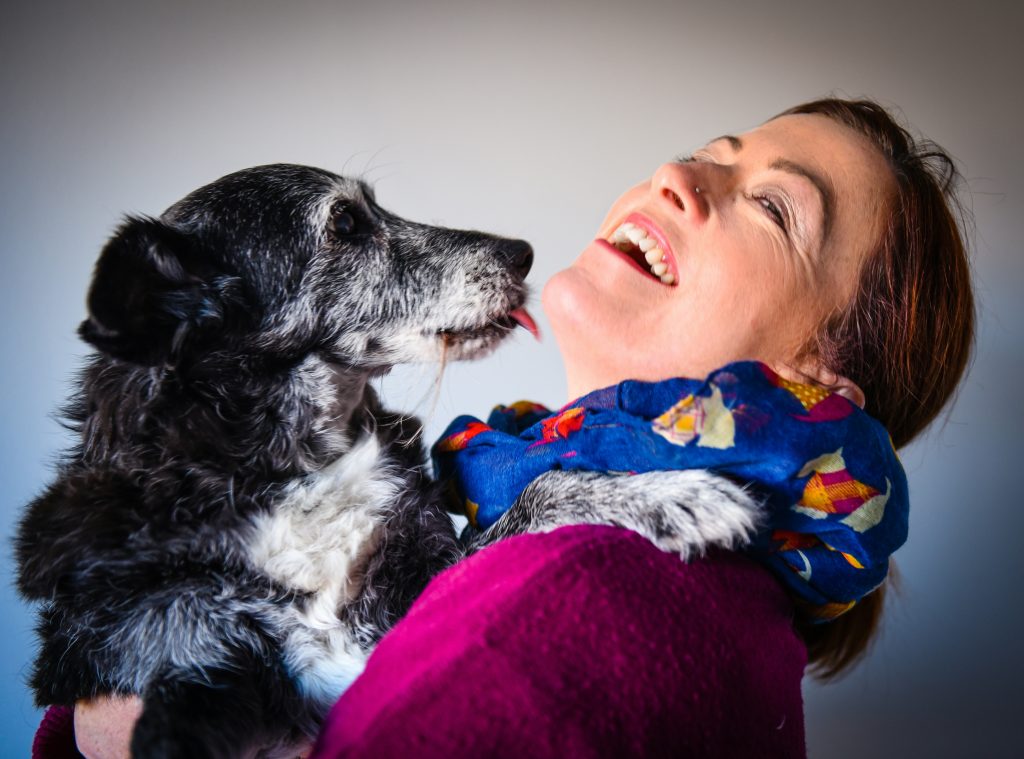
Khuly said that dogs kiss other dogs to indicate that they, the kissers, are “lower” than the kiss recipients.
“These social cues are important for dogs in a pack setting to help establish a solid social structure with minimum strife,” she says, adding that canine-human relationships mirror canine-canine relationships in this way (and other ways, too).
3. Some Breeds, and Dogs, Kiss More Than Others
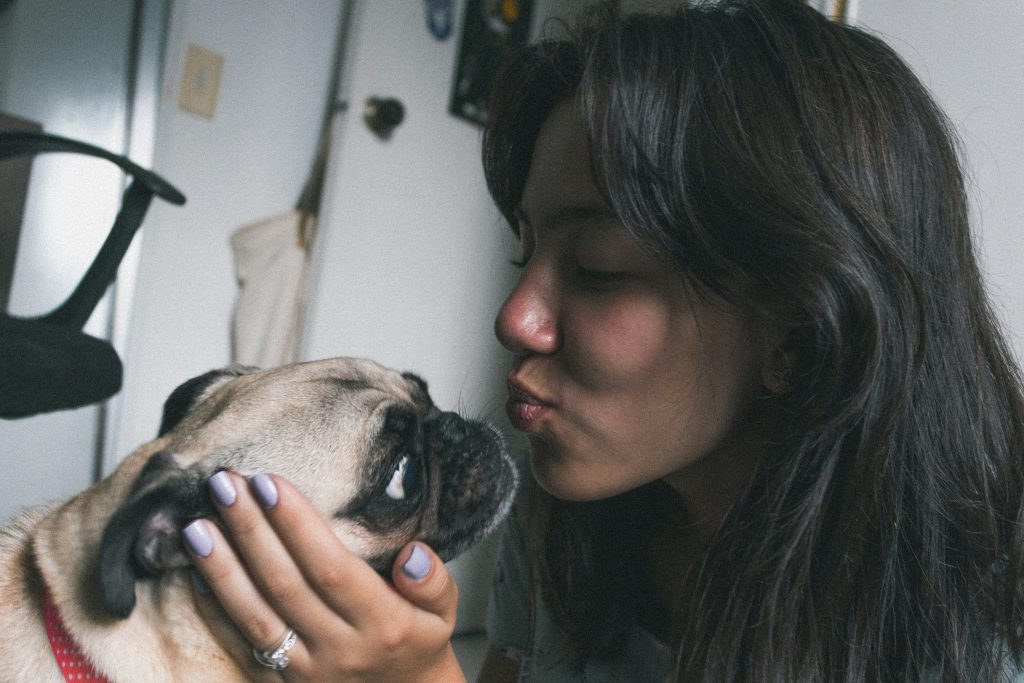
While this behavior is clearly innate, it isn’t out of the ordinary if your dog just doesn’t kiss much. “There’s a different culture in each household, so wherever each of us draws a line, that’s what your dog will learn,” Arden says.
So, if your dog doesn’t kiss you, that doesn’t mean he dislikes you, nor does it mean he is depressed or physically ill in any way. A sudden change in his behavior, however, like normally being very kissy and stopping for no apparent reason, might be cause for concern. Consult your vet whenever you see a major shift in your dog’s behavior like this.
4. Kissing Can Be a Sensory Behavior
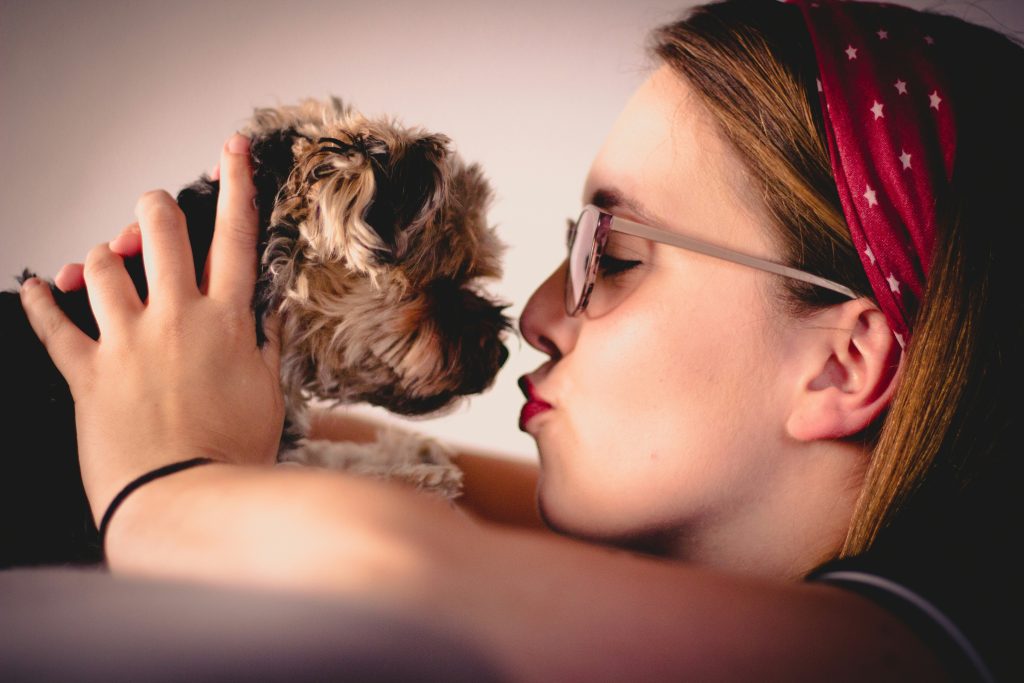
Sometimes, the only reason your dog kisses you is that of a particularly (and pleasantly) pungent odor on your person.
“Maybe your skin is a little salty, or they like the smell of a certain lotion you’ve applied,” Arden says. This also suggests the obvious: If you just ate something that’s especially tasty and your dog catches a whiff of it, there’s a good chance he’ll suddenly feel like planting a nice wet one on you.
5. Dogs Kiss Some People More Than Others
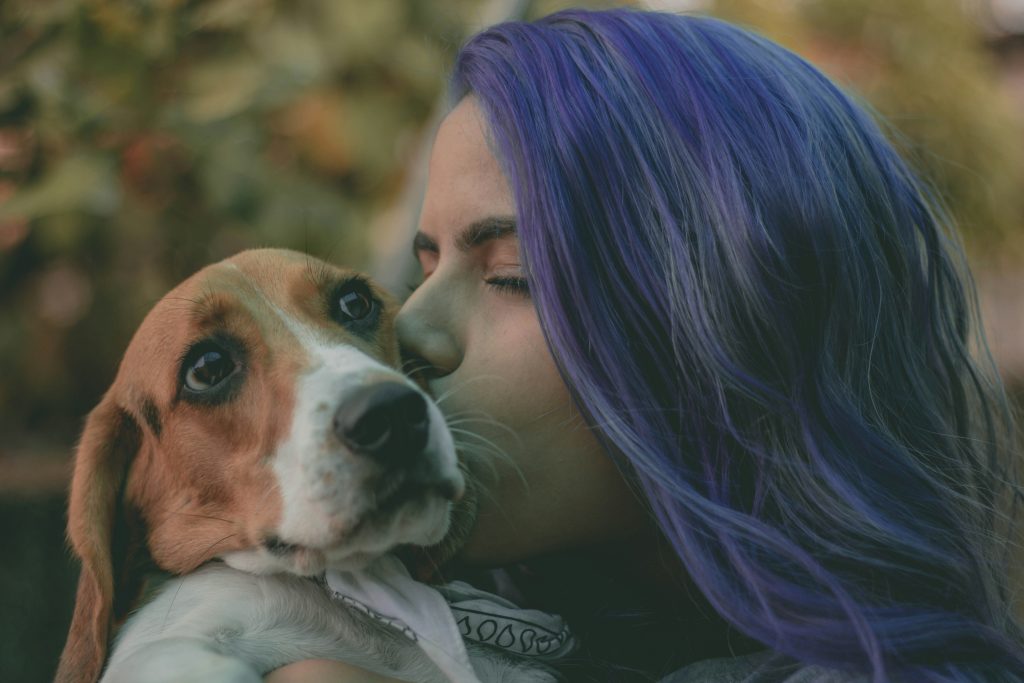
Kissing, Arden says, is also a learned behavior. If you, as a puppy parent, encouraged or heaped praise on your furry friend when he kissed you, he’ll carry that behavior into adulthood. Similarly, if you’re the only one in your household that encouraged such behavior, your dog will likely kiss you more often than others.
6. Dog Kisses Date Back 10,000 Years
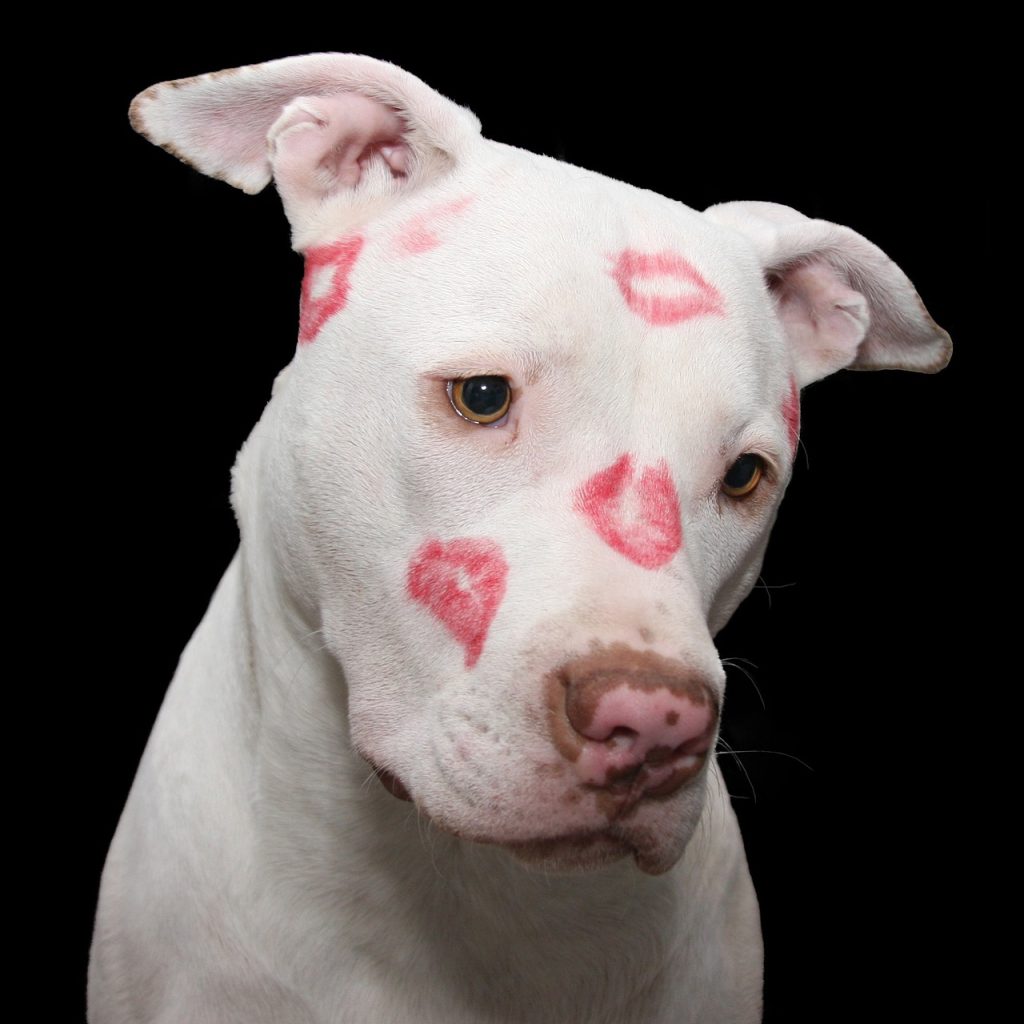
The “kissing” behavior likely started just between dogs. Andrea Arden, an Animal Planet pet expert and dog trainer in New York City, said that infant puppies lick their mothers as a precursor for feeding. As such, the behavior continues into adulthood with whomever or whatever is the dog’s primary caretaker.
Humans started taking over the caretaker role about ten millennia ago, according to Khuly, and it’s been equal parts cute and gross ever since.


